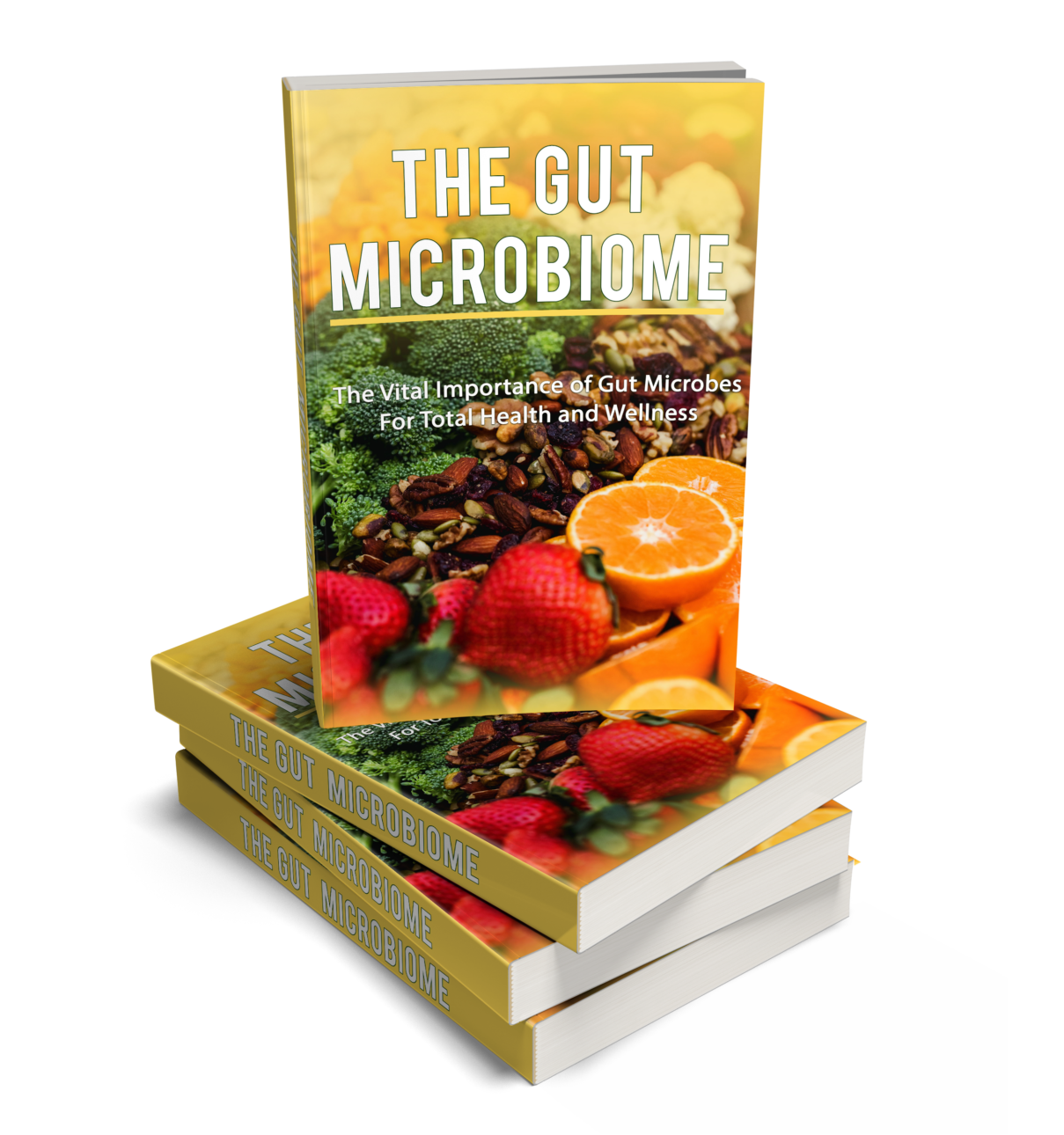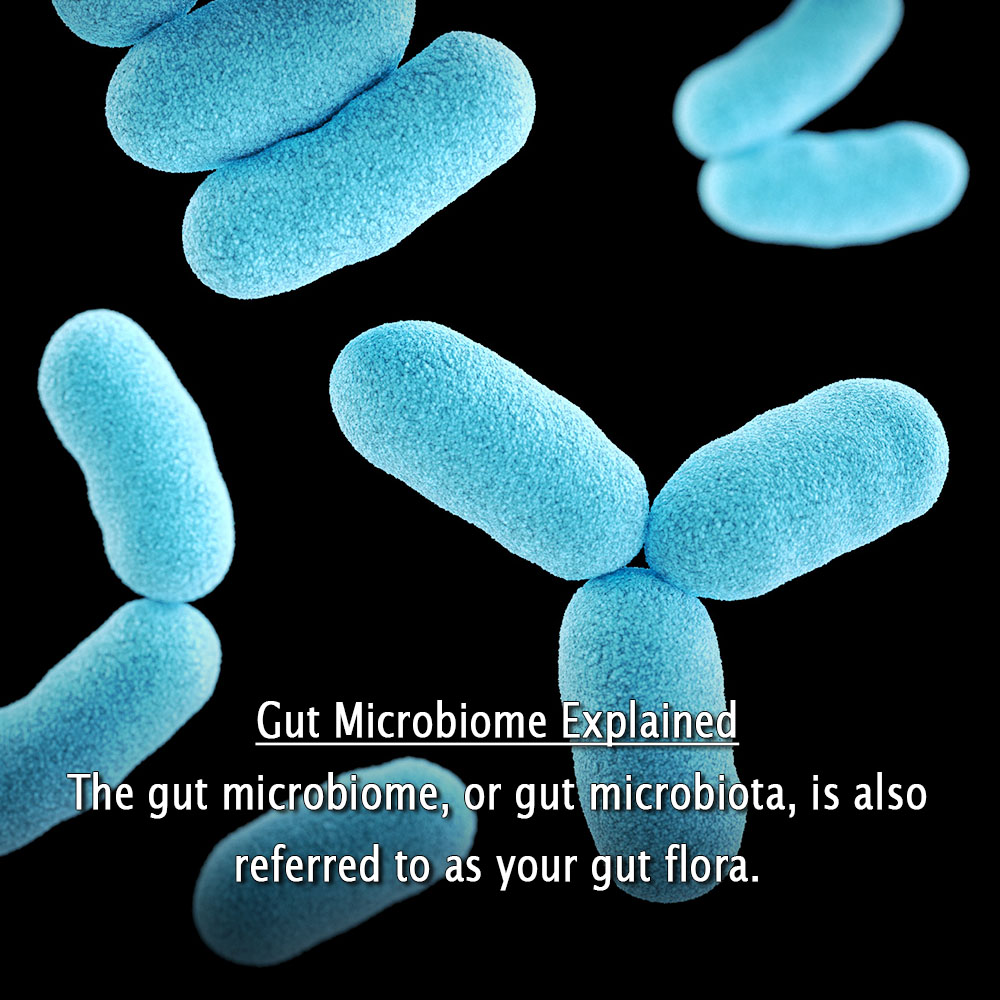How The Gut Microbiome Develops
The gut microbiome starts developing before we are born, and the moment we are born, certain factors influence which types of these life forms continue to populate and flourish inside our gut.
Genetics plays a big part in this influence and this continues throughout life, but other factors are just as relevant in the growth of the gut microbiome.
These can include life events, stressful experiences, illness, and especially diet.
A person’s environment and lifestyle generally impact the flourishing of the gut microbiome throughout their life.
What Makes the Gut Microbiome So Important?
Our singular body hosts trillions of these living microorganisms and these microorganisms are highly diverse. This diversity is a positive thing because there’s not one type of living microorganism that can do a complete job of protecting our body from pathogens.
Nor can one type process all the different food types we consume. In cases where a strain of bacteria fails at fighting off an infection, another type of bacteria can often step up and fulfill its duty. Essentially, these bacteria keep our bodies in homeostasis, and we need that to maintain good health.
Homeostasis is defined as being, ‘A state of balance among all the body systems needed for the body to survive and function correctly.’ Source
Specific microorganisms inside our gut influence our health and can have huge impacts on the development of disease.
There are mainly 4 aspects of our health that the gut microbiome can have such a broad influence on, being disease, immunity, nutrition, and behavior.
Disease
The quality of the bacterial population within the gut is linked to certain diseases, such as Crohn’s disease, IBD (Inflammatory Bowel Disease), obesity, type 2 diabetes, and metabolic syndrome.
Mitigating these symptoms is possible by changing a person’s diet. Nutritional supplements, prebiotics, and probiotics are shown to reduce risk factors for these diseases.
Immunity
A healthy gut acts as an effective barrier against toxins and pathogens that may leak into the bloodstream and cause harm and infection. This is one of the gut microbiota’s main functions; regulating the body’s immune homeostasis.
Any changes to the condition of the environment shared by these microorganisms can directly affect the host. Such alterations may induce immune dysregulation and even possibly lead to the development of autoimmune disorders.
Nutrition
The living microorganisms found in the gut play a role in digestion and regulating metabolism. They’re also key in the body’s absorption of nutrients. A highly-diverse gut microbiota is the aim and this can be achieved with a diverse, nutrient-rich diet.
The gut bacteria are also responsible for much of our food cravings and influence whether we feel as if we are hungry or full. Making good food choices and eating healthier is a way to promote good health and prevent diseases.
Behavior
Have you heard the term ‘the gut-brain connection’? Many regard the gut microbiota as the body’s second brain. Scientists call this the enteric nervous system (ENS), composed of two thin layers of a hundred million neurons lining the gastrointestinal tract.
Though it’s mainly involved in digestive functions, it also communicates with the brain. It has been shown that problems in the gastrointestinal system can trigger emotional health issues, such as mood swings, as the signals are sent back and forth to the central nervous system (CNS).
Special Offer!
You Will Find This Course In You Earth Plus
Do You Know the Keys to Good Health, Wellbeing, and Disease Prevention?
Your gut microbes may be the most important key!

Your health, resistance to disease, longevity, and even your mood is utterly dependent on your gut microbiota – the microbes that live in your intestinal tract and affect your wellbeing in more ways than you know.
The Gut Microbiome
This eBook can show you how to look after your gut flora, so your gut can look after you!
We’ve all heard the terms digestive system and gut health, but perhaps the term gut microbiome or gut microbiota are not as familiar to you.
- The gut microbiome is essential in the metabolism and processing of the food ingested.
- As part of the digestive process, it is responsible for helping with the absorption and synthesis of nutrients.
- Apart from digestive function, it also assists in keeping the intestinal lining intact and providing defense against pathogens.
- When the gut is performing as it should it is very effective at fighting off infection, on top of performing basic regulatory functions.
More important than all the theory is the simple fact that your gut health and subsequent overall health and wellbeing are greatly influenced by what you eat and how you live.
By understanding how your gut microbiome affects you, and how you can affect it, you can make huge changes to all aspects of your health, including longevity and pain management.
It’s becoming clearer through research findings that the brain-gut connection exists and directly affects our mood, cognition, and memory, and even mental disorders such as depression.
The Gut Microbiome will teach you how the composition of your gut microbiome can be improved from its current state, providing a path to influencing better health and more vitality.
You can start improving your gut microbiome today.
You will learn –
- What makes the gut microbiome so important, and how to improve yours.
- The vital interconnection between gut microbiota and gut health.
- Fiber-rich foods you need for better gut health.
- What the Microbiome Diet Eating plan is, and how it can improve your gut health.
- Fermented foods that boost gut health.
- The critical role of good sleep in gut health.
- And much, much more!



